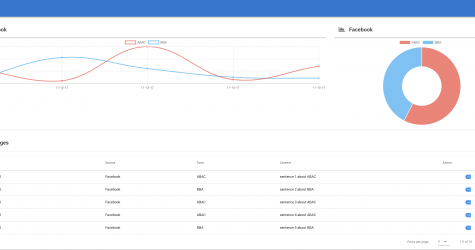Research works in ISL are classified into 3 main themes: assistants, sensors, and analytics. Within each theme, a number of research projects are continuously handled by each research team. Generally, our research projects are initiated and guided by the demands we learn from our industry partners, with the objectives of deriving solutions that are appropriate for real-world applications, with real-world constraints Consequently, many of the projects are funded by our industrial partners, with many having been commercialised and applied in the real world.



